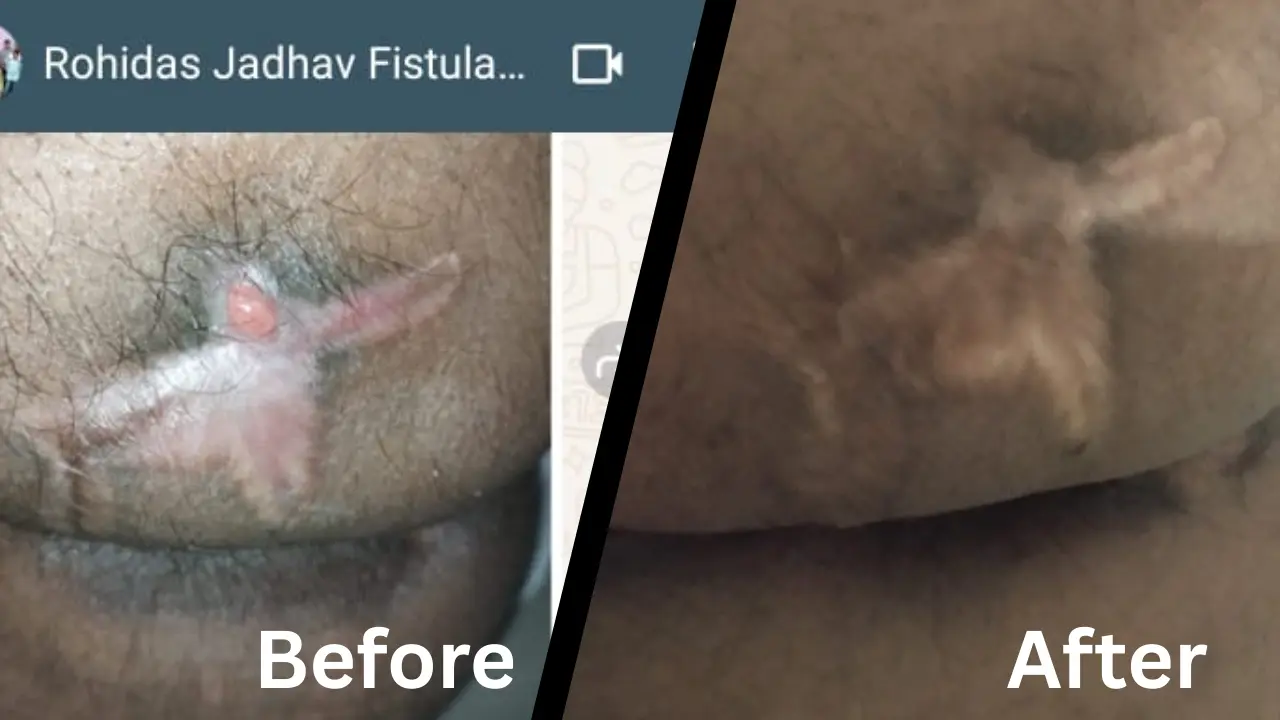The Liver: The Unsung Hero of Your Body
The liver is one of the most vital organs in the human body, yet it often goes unnoticed until something goes wrong. This powerhouse organ performs over 500 essential functions, from detoxifying harmful substances to producing crucial proteins. Without a healthy liver, our body would struggle to function efficiently. Let's explore the fascinating world of the liver and understand why it deserves more attention and care.
The Liver’s Role in the Body
The liver is the largest internal organ and sits on the right side of the abdomen, just below the diaphragm. It is responsible for numerous functions, including:
- Detoxification: The liver filters toxins, drugs, and alcohol from the blood, preventing harmful substances from circulating in the body.
- Metabolism: It plays a key role in breaking down carbohydrates, proteins, and fats, converting them into energy or storing them for later use.
- Bile Production: The liver produces bile, a substance that helps digest fats and absorb fat-soluble vitamins like A, D, E, and K.
- Blood Clotting: It synthesizes proteins essential for blood clotting, preventing excessive bleeding when injuries occur.
- Immune Support: The liver contains specialized immune cells that help fight infections and remove bacteria from the bloodstream.
- Nutrient Storage: It stores essential nutrients, including iron, vitamin B12, and glycogen, ensuring the body has reserves when needed.
Common Liver Diseases
A poor diet, excessive alcohol consumption, and exposure to harmful toxins can lead to liver diseases. Some of the most common conditions include:
- Fatty Liver Disease: A condition where excess fat accumulates in liver cells, often due to obesity, diabetes, or excessive alcohol intake.
- Hepatitis: Inflammation of the liver caused by viral infections (Hepatitis A, B, C, etc.), autoimmune disorders, or toxins.
- Cirrhosis: Scarring of the liver tissue due to long-term damage from alcohol abuse, chronic hepatitis, or fatty liver disease.
- Liver Cancer: A serious condition that often develops from chronic liver disease or infections like Hepatitis B or C.
- Liver Failure: A life-threatening condition where the liver loses its ability to function properly.
How to Keep Your Liver Healthy
Taking care of your liver is essential for overall well-being. Here are some simple yet effective ways to maintain liver health:
- Eat a Balanced Diet: Consume plenty of fruits, vegetables, whole grains, and lean proteins while limiting processed foods, sugars, and unhealthy fats.
- Stay Hydrated: Drinking enough water helps the liver flush out toxins efficiently.
- Limit Alcohol Intake: Excessive alcohol consumption can damage liver cells and lead to cirrhosis.
- Exercise Regularly: Physical activity helps maintain a healthy weight and reduces the risk of fatty liver disease.
- Avoid Unnecessary Medications and Toxins: Overuse of painkillers and exposure to harmful chemicals can stress the liver.
- Get Vaccinated: Vaccinations for Hepatitis A and B can prevent liver infections.
- Monitor Your Health: Regular check-ups and liver function tests can help detect issues early and prevent complications.
Conclusion
The liver is an extraordinary organ that works tirelessly to keep our body in balance. However, it is often taken for granted until problems arise. By adopting a healthy lifestyle, avoiding harmful substances, and staying mindful of its well-being, we can ensure that our liver remains strong and functional for years to come. After all, a healthy liver leads to a healthier life!













